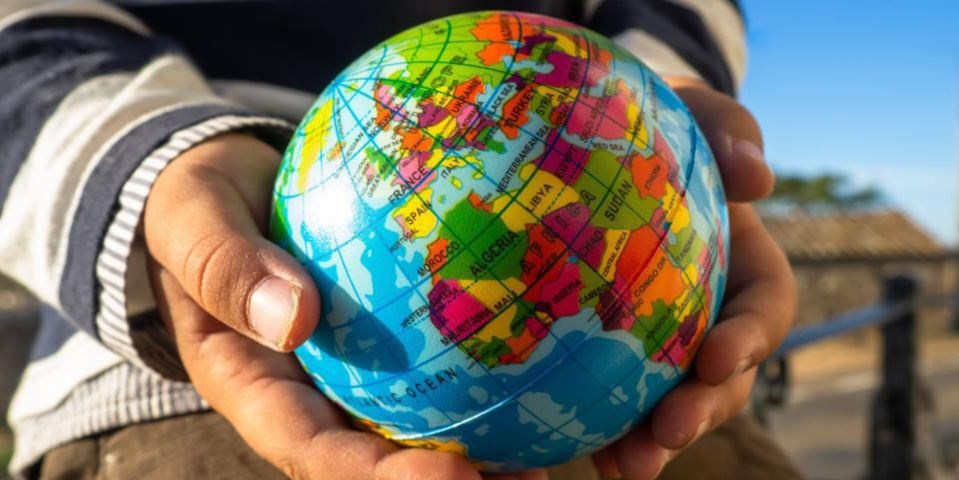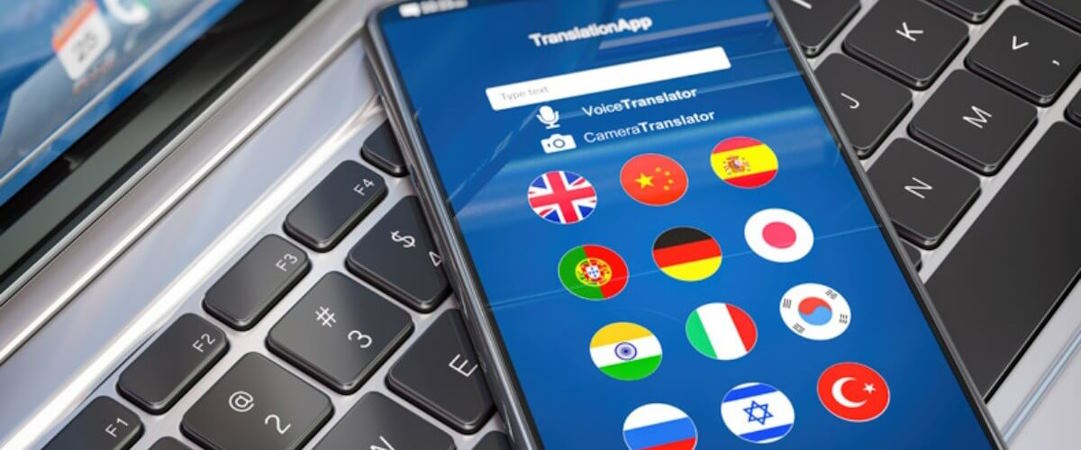Traveling to Europe is an exciting adventure, but navigating the linguistic diversity can sometimes be challenging. While English is widely spoken in many tourist areas, having a few key phrases in the local language can enhance your travel experience and facilitate communication. Here’s a language survival guide with useful phrases and tips for communicating in Europe:
Greetings and Basic Phrases
- Hello: “Bonjour” (French), “Hola” (Spanish), “Ciao” (Italian), “Guten Tag” (German)
- Thank you: “Merci” (French), “Gracias” (Spanish), “Grazie” (Italian), “Danke” (German)
- Yes: “Oui” (French), “Sí” (Spanish), “Si” (Italian), “Ja” (German)
- No: “Non” (French), “No” (Spanish/Italian), “Nein” (German)
- Excuse me: “Excusez-moi” (French), “Perdón” (Spanish), “Scusa” (Italian), “Entschuldigung” (German)
- Please: “S’il vous plaît” (French), “Por favor” (Spanish), “Per favore” (Italian), “Bitte” (German)
- Goodbye: “Au revoir” (French), “Adiós” (Spanish), “Arrivederci” (Italian), “Auf Wiedersehen” (German)
Learn the Basics
Familiarize yourself with essential phrases like “Do you speak English?” and “I don’t understand” in the local language. These phrases can help you determine if English is an option or request assistance finding someone who speaks English.
Use Translation Apps or Phrasebooks
Carry a translation app on your smartphone or a pocket-sized phrasebook to help you communicate when language barriers arise. These tools can provide translations for specific phrases or even facilitate real-time conversations.
Be Polite and Patient
When interacting with locals, be polite and patient. Even if your pronunciation or language skills are imperfect, making an effort to communicate in their language is appreciated and shows respect.

Seek Language Assistance
If you struggle to communicate, don’t hesitate to seek language assistance. Hotel staff, tourist information centers, or fellow travelers may be able to help translate or provide guidance.
Non-Verbal Communication
Remember that non-verbal communication can also be powerful. Utilize hand gestures, facial expressions, and body language to convey meaning and understand others. However, be aware that gestures can have different meanings across cultures, so it’s important to research and be mindful of cultural norms.
Learn Basic Numbers and Currency
Knowing numbers is essential for basic transactions, such as ordering food, shopping, or public transportation. Additionally, familiarize yourself with the local currency and practice converting prices to your home currency to avoid confusion.
Practice Cultural Sensitivity
Besides language, be mindful of cultural customs and norms. Greetings, personal space, and appropriate behavior may vary across countries. Observing and respecting local customs will help you navigate social interactions with ease.
Embrace a Sense of Humor
Don’t be afraid to laugh at yourself and embrace moments of miscommunication. Learning a new language is a journey, and locals often appreciate the effort you put into trying to communicate.
Remember, the goal is not to become fluent in every European language but to show respect and try to connect with locals. Even a few simple phrases can open doors and create memorable experiences during your European travels.






